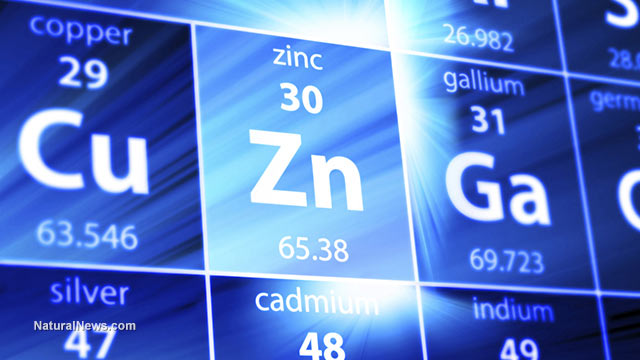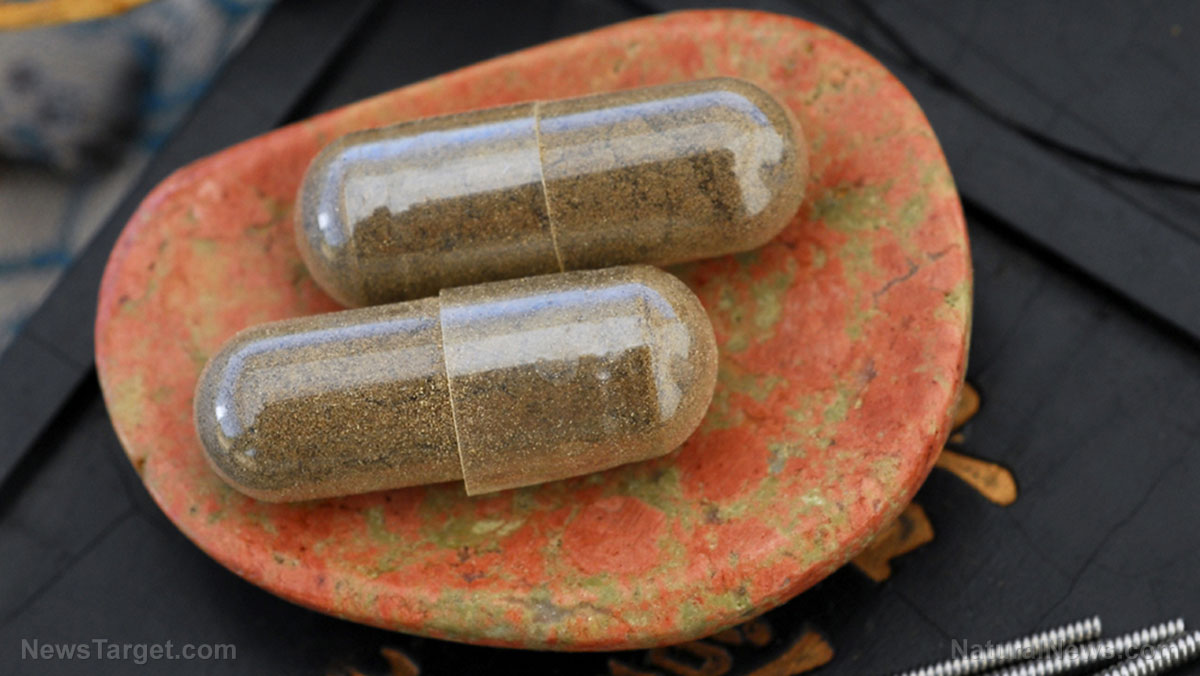Can probiotics reverse male infertility?
07/23/2019 / By Isabelle Z.

Infertility can be a very frustrating problem, and many times, it seems like there is little that can be done to improve the situation. However, studies have shown that some couples may have a glimmer of hope in the form of probiotics.
About a third of infertility cases are attributed to male infertility, and a recent study showed that taking probiotics could make a difference. Danish researchers reached this conclusion while studying the Bifodan strain Lactobacillus rhamnosus BIFOLAC PB01, which was taken orally in the study.
It has this effect thanks to its ability to improve sperm motility while reducing the level of DNA fragmentation in sperm overall, but especially in cases where men are also suffering from obesity and chronic pain. Both of these conditions are already known to affect fertility potential, which means probiotics can offer a three-pronged approach to the problem. In fact, it’s the first time that scientists have found that a probiotic can positively impact sperm quality in those with problems like obesity or chronic pain, and the results are expected to inspire additional research into this potential.
Additional studies are already underway, and the study’s authors also called for deeper research into how probiotics affect reproductive hormones to uncover the underlying mechanisms of probiotics’ effects on the quality of sperm.
It’s a timely finding as studies show that sperm quality has dropped by 50 percent in the last eight decades. The widespread use of hormone-disrupting chemicals is believed to play a big role in the decline, given their ability to not only stunt sperm motility but also reduce their DNA and the production of sperm in the first place. Many of these chemicals don’t even need to be consumed directly; some of the hormone disruptors in carpets, upholstery and clothing are also having a negative effect.
Mother Nature's micronutrient secret: Organic Broccoli Sprout Capsules now available, delivering 280mg of high-density nutrition, including the extraordinary "sulforaphane" and "glucosinolate" nutrients found only in cruciferous healing foods. Every lot laboratory tested. See availability here.
Eat the right foods to enhance male fertility
Probiotics aren’t the only thing you can consume that may enhance male fertility. For example, a Brazilian study found that eating a diet rich in fresh fruits and whole grains can raise sperm count and sperm viability while also improving their speed.
Low folate levels have been linked to a drop in male fertility, so seek foods that are high in folate – such as bananas, spinach, kale and avocados – to maximize sperm health and chromosomal development.
Vitamin C, meanwhile, can raise sperm’s life span and boost its motility. Some good sources of vitamin C include kiwis, papaya, oranges, red bell peppers, kale and cauliflower. Omega 3s are a key factor in sperm health as well, so be sure you’re including foods like flax, hemp and chia seeds in your diet. Choosing organic is always the way to go, but it’s particularly important when you’re trying to conceive.
Zinc can also play a role in regulating the quality of your sperm as well as sperm count. Perhaps that is why infertile men tend to have zinc levels that are lower than those of fertile men. You can work more zinc into your diet by consuming foods like nuts and beans, shellfish, oysters, and dairy.
While eating probiotics and the right foods might not solve every man’s fertility problems, it’s an easy and often effective method that is well worth trying if you’re having trouble conceiving with your partner, and it will boost your overall health as well.
Sources for this article include:
Tagged Under: Fertility, foods for fertility, Infertility, male infertility, men's health, nutrients, probiotics, remedies



















